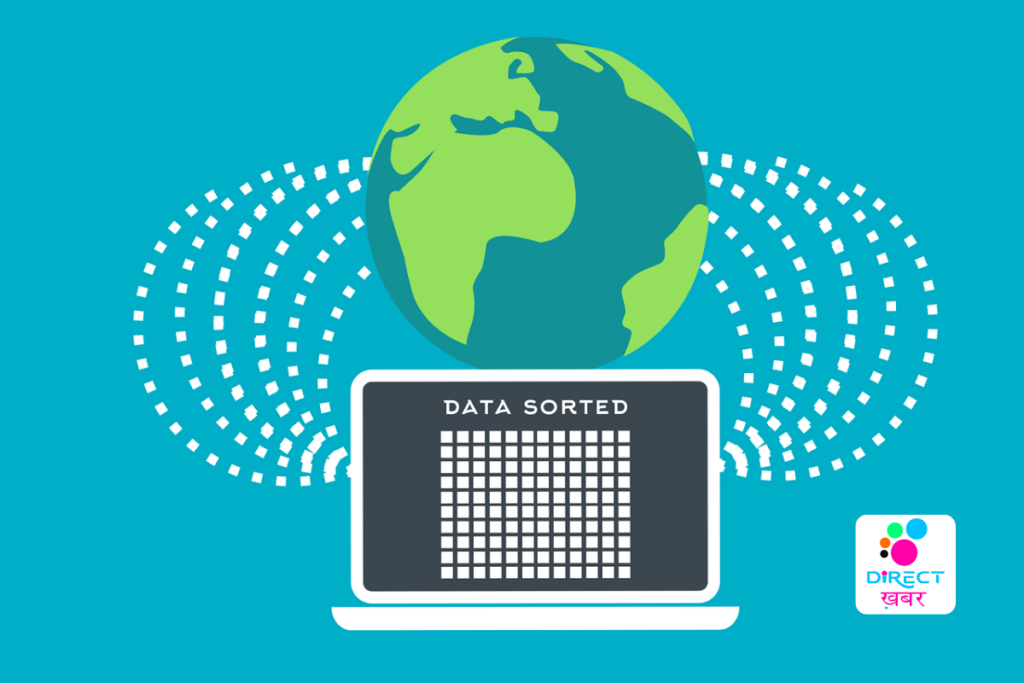How to Use Data Analytics to Enhance Marketing
In today’s digital age, data analytics has emerged as a powerful tool for marketers to gain insights into customer behavior, preferences, and market trends. By leveraging data analysis effectively, businesses can refine their marketing strategies, improve targeting accuracy, and enhance overall campaign performance. This article explores how data analytics can be utilized to optimize marketing efforts and drive better results.

Understanding Customer Behavior:
- Data analytics enables marketers to analyze customer interactions across various channels such as websites, social media platforms, and mobile apps.
- By tracking user behavior, including browsing patterns, clicks, and purchases, marketers can gain valuable insights into customer preferences and interests.
- Analyzing demographic data, geographic location, and psychographic information helps in creating detailed customer profiles, allowing for more targeted and personalized marketing campaigns.
Improving Targeting Accuracy:
- With data analytics, marketers can segment their audience based on various criteria such as age, gender, income level, and interests.
- By identifying high-value customer segments, marketers can tailor their messaging and offers to better resonate with specific audience groups.
- Predictive analytics can be used to forecast customer behavior and anticipate their needs, enabling marketers to deliver timely and relevant content to their target audience.

Enhancing Content Personalization:
- Data analytics empowers marketers to deliver personalized content to individual customers based on their preferences and past interactions.
- By analyzing data on customer preferences, purchase history, and browsing behavior, marketers can create customized content recommendations and product suggestions.
- Personalized emails, targeted advertisements, and dynamic website content can significantly improve engagement and conversion rates.
Optimizing Marketing Campaigns:
- Through A/B testing and multivariate analysis, marketers can experiment with different marketing strategies, messages, and creative elements to identify the most effective approaches.
- By analyzing campaign performance metrics such as click-through rates, conversion rates, and return on investment (ROI), marketers can optimize their marketing campaigns in real-time.
- Data-driven insights enable marketers to allocate resources more efficiently, focusing on channels and tactics that yield the highest returns.
Measuring and Analyzing ROI:
- Data analytics provides marketers with the ability to accurately track and measure the ROI of their marketing efforts.
- By attributing conversions and sales to specific marketing channels and campaigns, marketers can determine which initiatives are driving the most revenue and adjust their strategies accordingly.
- Advanced analytics techniques such as marketing mix modeling and attribution modeling help in understanding the impact of various marketing activities on overall business performance.

Predictive Analytics for Future Trends:
- Leveraging historical data and predictive analytics algorithms, marketers can forecast future trends and anticipate changes in consumer behavior.
- By identifying emerging market trends, customer preferences, and competitive dynamics, marketers can stay ahead of the curve and adapt their strategies proactively.
- Predictive analytics also enables marketers to identify potential opportunities and risks, allowing for more informed decision-making.
Data analytics has revolutionized the way marketers approach their craft, providing valuable insights and actionable intelligence to drive better results. By harnessing the power of data, businesses can gain a deeper understanding of their customers, improve targeting accuracy, enhance content personalization, optimize marketing campaigns, measure ROI, and anticipate future trends. As technology continues to evolve, data analytics will remain a critical tool for marketers seeking to stay competitive in an increasingly data-driven world.
One of the most significant contributions of data analytics to marketing is its ability to facilitate a deeper understanding of customers. By analyzing vast amounts of data generated through various touchpoints, businesses can gain invaluable insights into consumer behavior, preferences, and purchasing patterns. This nuanced understanding allows marketers to tailor their messaging and offerings in a way that resonates with their audience on a deeper level, ultimately fostering stronger connections and driving higher engagement.






